Microsoft to set Spartan as the default browser on Windows 10, and will remove IE's Trident from it
3 min. read
Published on
Read our disclosure page to find out how can you help Windows Report sustain the editorial team. Read more
When Microsoft announced Spartan, the company planned to make it the one browser needed to take advantage of the latest web standards, as well as one that supported legacy websites. Those plans have since changed, and Microsoft has shifted the focus of its next-gen browser.
In a feature we posted last month, we described Microsoft’s thinking behind Project Spartan. Microsoft thought it was important that the browser supported the latest web standards, in addition to making it easier for web developers to write code for modern browsers, knowing that the code would just work on Spartan without browser-specific enhancements. To accomplish this, Microsoft was to include both the new Edge rendering engine as well as the Internet Explorer’s existing Trident rendering engine in Spartan and IE. This would allow both browsers to rapidly render modern sites with Edge, and automatically switch back to Trident when a user tries to render older/legacy sites.
Upon further evaluation of this strategy, Microsoft has concluded that this is not the right approach going forward, and has decided to remove Trident completely from Spartan. Trident isn’t going to die though as it will still be available in Internet Explorer on Windows 10. So, you have Spartan with Edge, and IE with Trident. Both browsers will come pre-installed in Windows 10, with Spartan set as the default.
Why is Microsoft doing this you ask? According to a recent Microsoft blog post, there are three main reasons. The first, is that a separation of new and legacy rendering engines will enable Microsoft to more easily deliver on its promise of providing Windows as a service, updating the browser with new standards on-the-go. The company also cited that only a small percentage of users needed Trident to access older sites.
The second reason for the separation is enterprises. We know how stubborn large enterprises can be when it comes to upgrading software, and Microsoft states that “for Internet Explorer 11 on Windows 10 to be an effective solution for legacy scenarios and enterprise customers, it needs to behave consistently with Internet Explorer 11 on Windows 7 and Windows 8.1”, and having Edge as part of IE – as it is in the Technical Preview – could cause “compatibility implications”.
“For a small set of sites on the Web that were built to work with legacy technologies, we’ll make it easy for customers to access that site using Internet Explorer 11 on Windows 10. Enterprises with large numbers of sites that rely on these legacy technologies can choose to make Internet Explorer 11 the default browser via group policy. In addition, since Internet Explorer 11 will now remain fundamentally unchanged from Windows 7 and Windows 8.1, it will provide a stable and predictable platform for enterprise customers to upgrade to Windows 10 with confidence.”
Thirdly, according to the software giant, feedback garnered from Windows Insiders indicated that both regular consumers and developers were having a hard time differentiating between the web capabilities of Spartan from that of IE. This resulted in a confused mess and it made more sense to just separate the browsers and their respective rendering engines, leaving Spartan for those who want a bleeding-edge browser, and IE for those that need to access legacy websites.
Although both browsers will be included in Windows 10, “Project Spartan is our future” says Microsoft. We don’t yet know whether this separation only applies to the desktop, or whether it will also be the case on Window 10 for phones too, but Microsoft should be releasing more information on the matter over the coming months. Stay tuned to WinBeta for the latest.

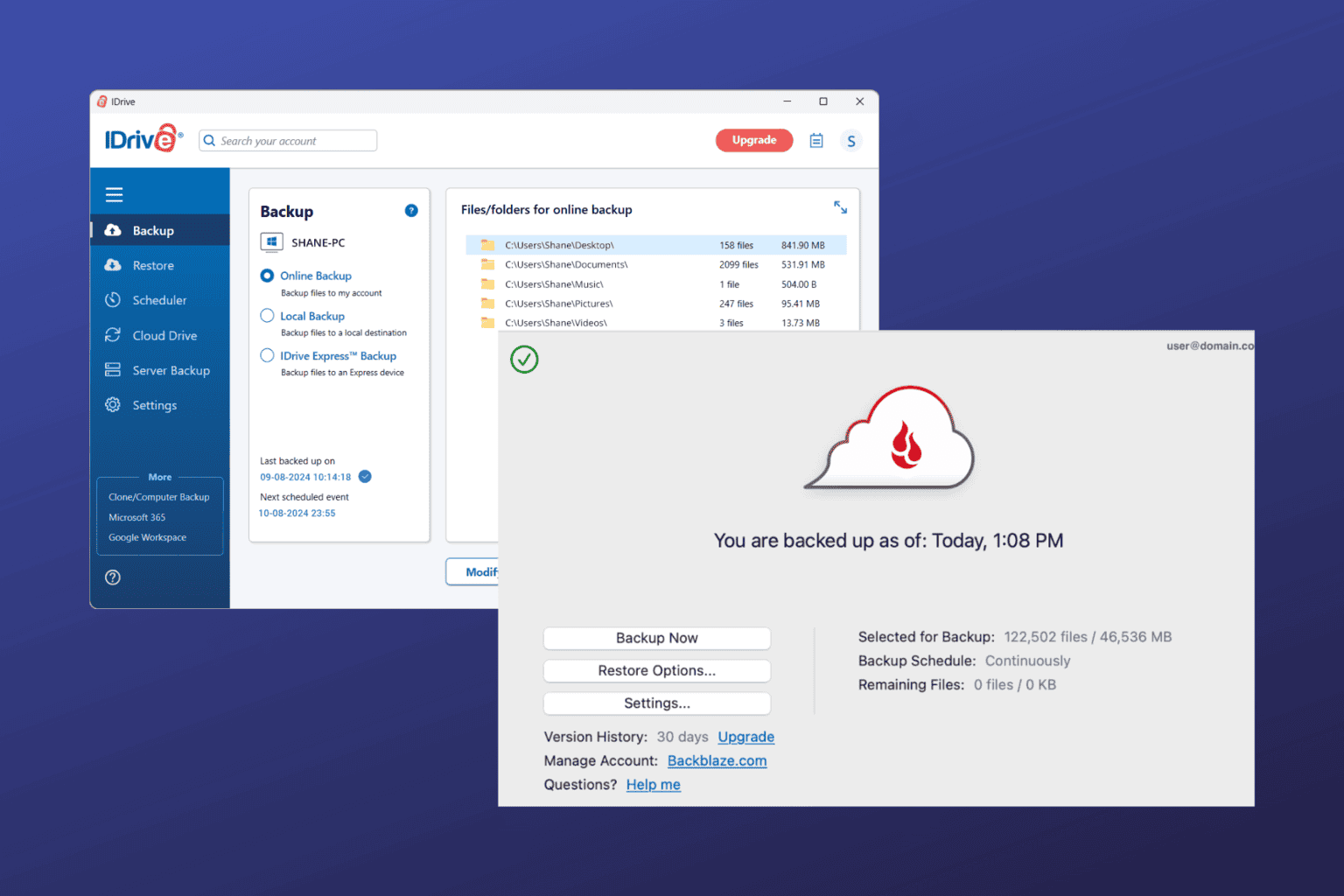
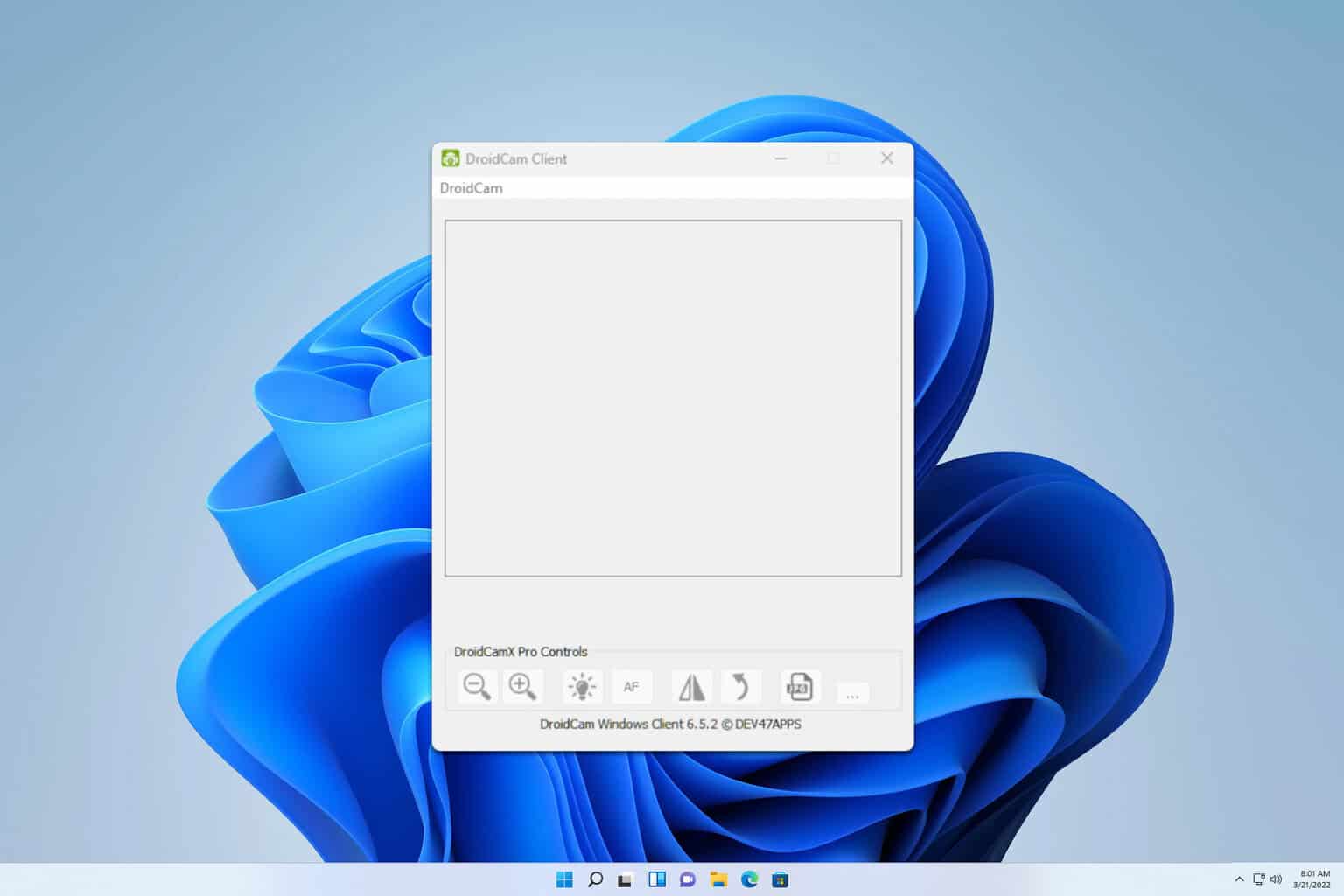
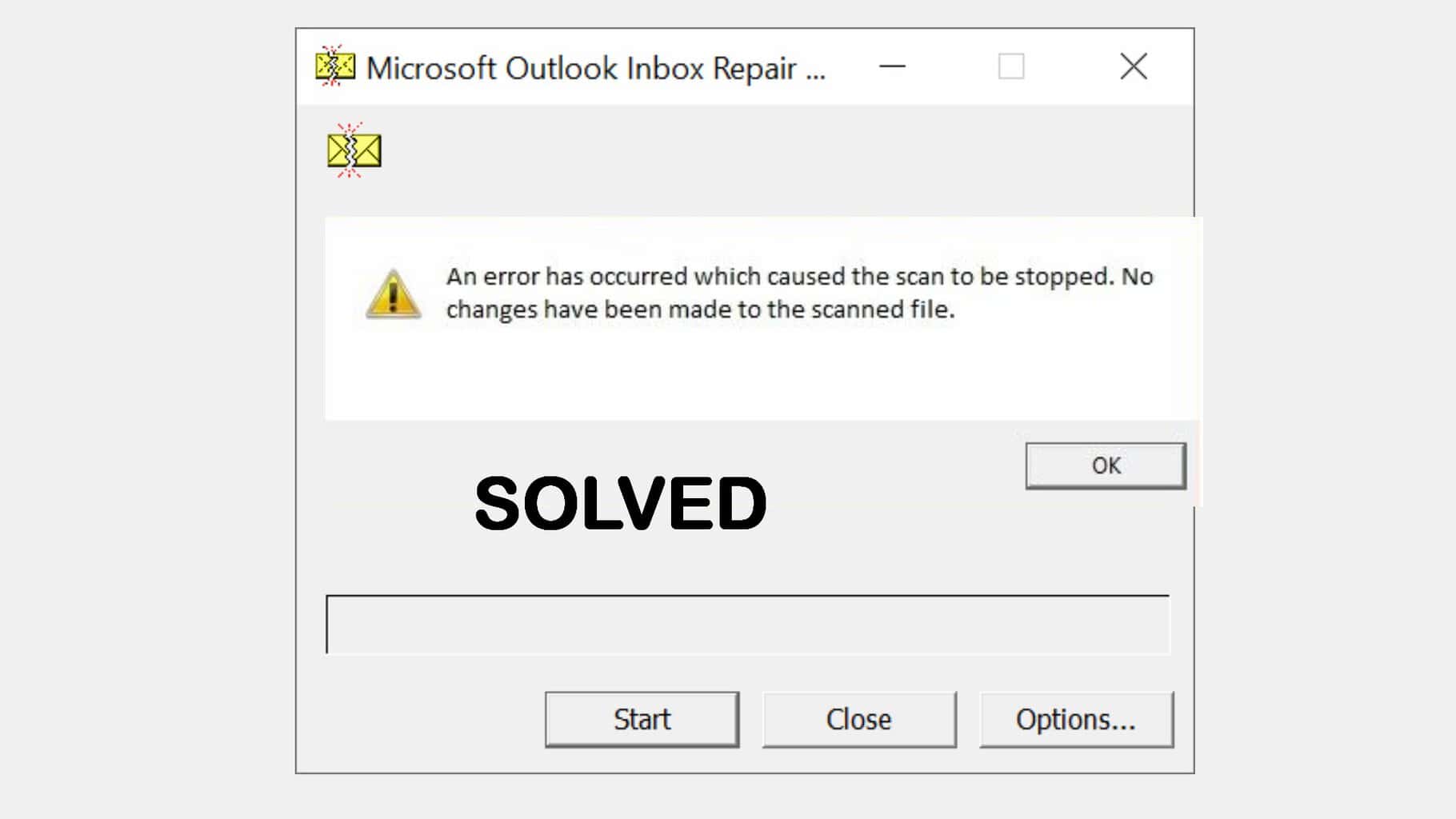
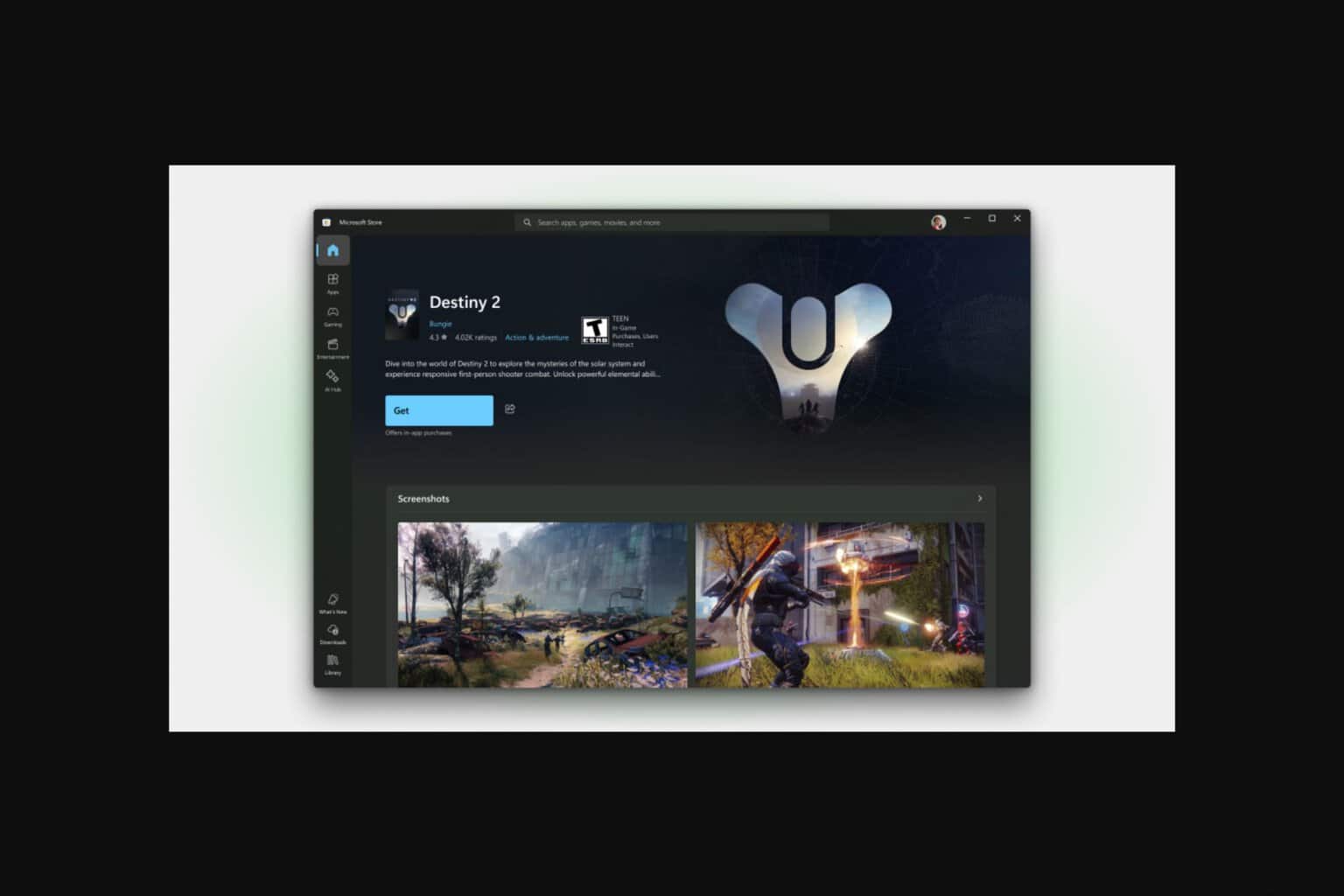

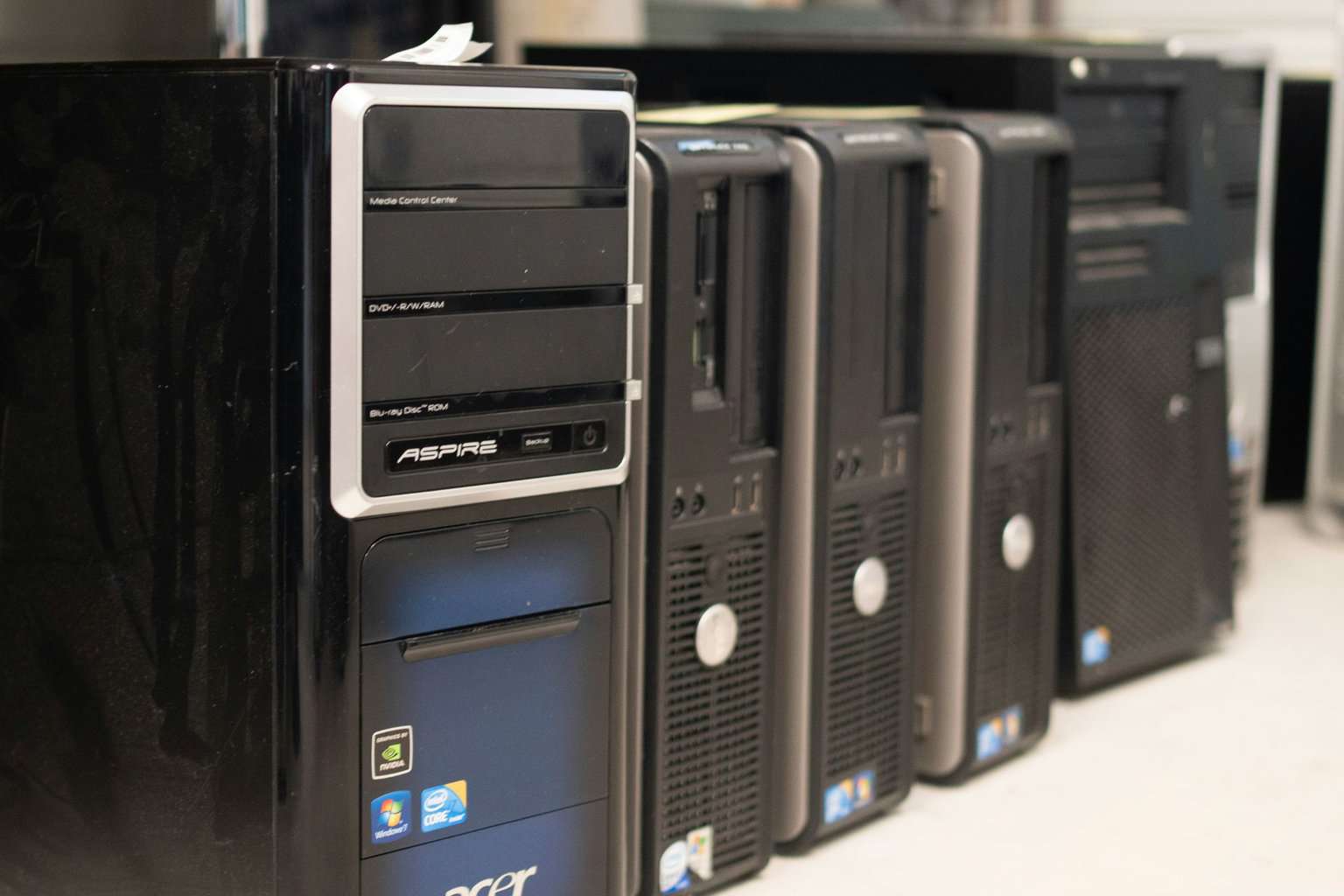
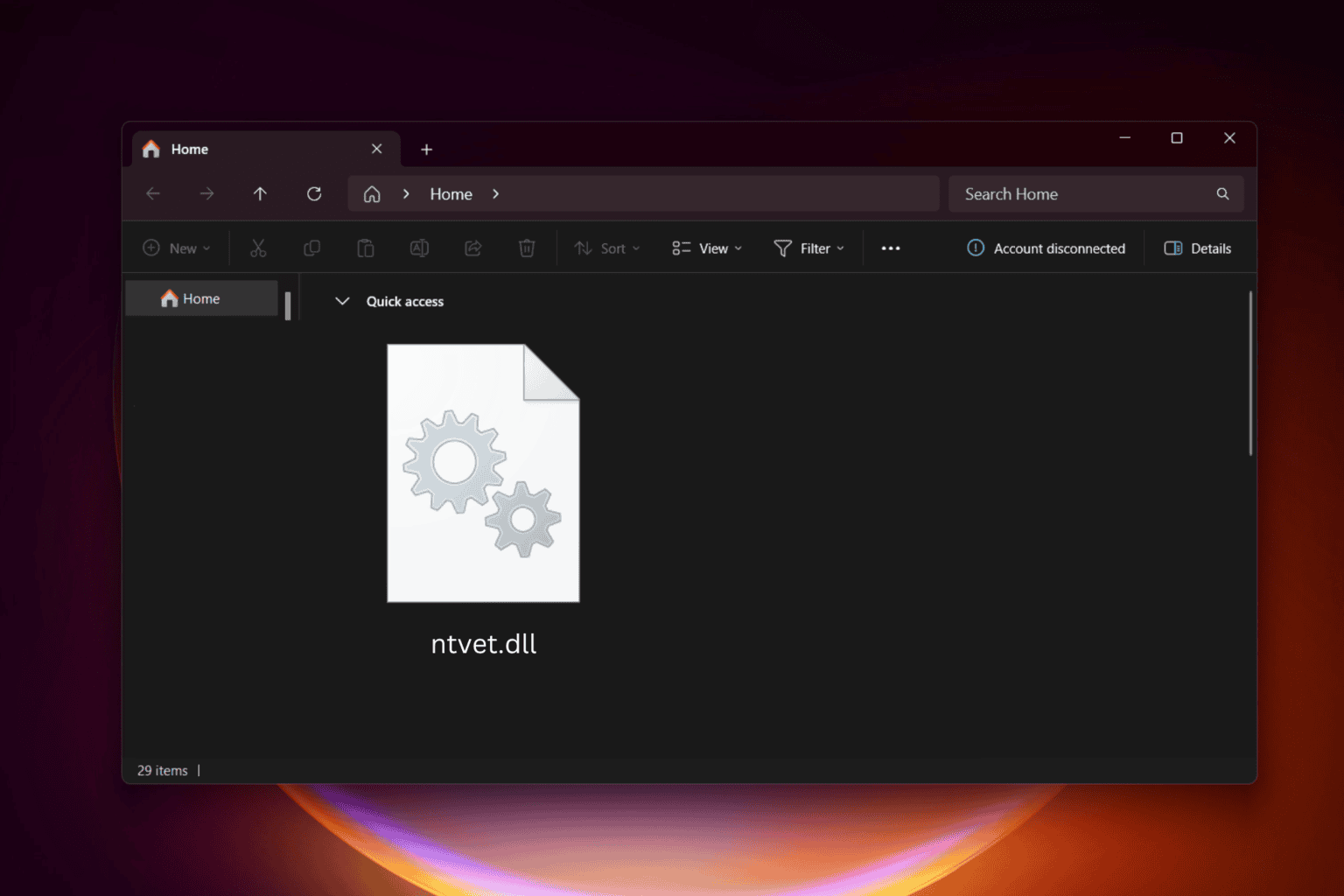
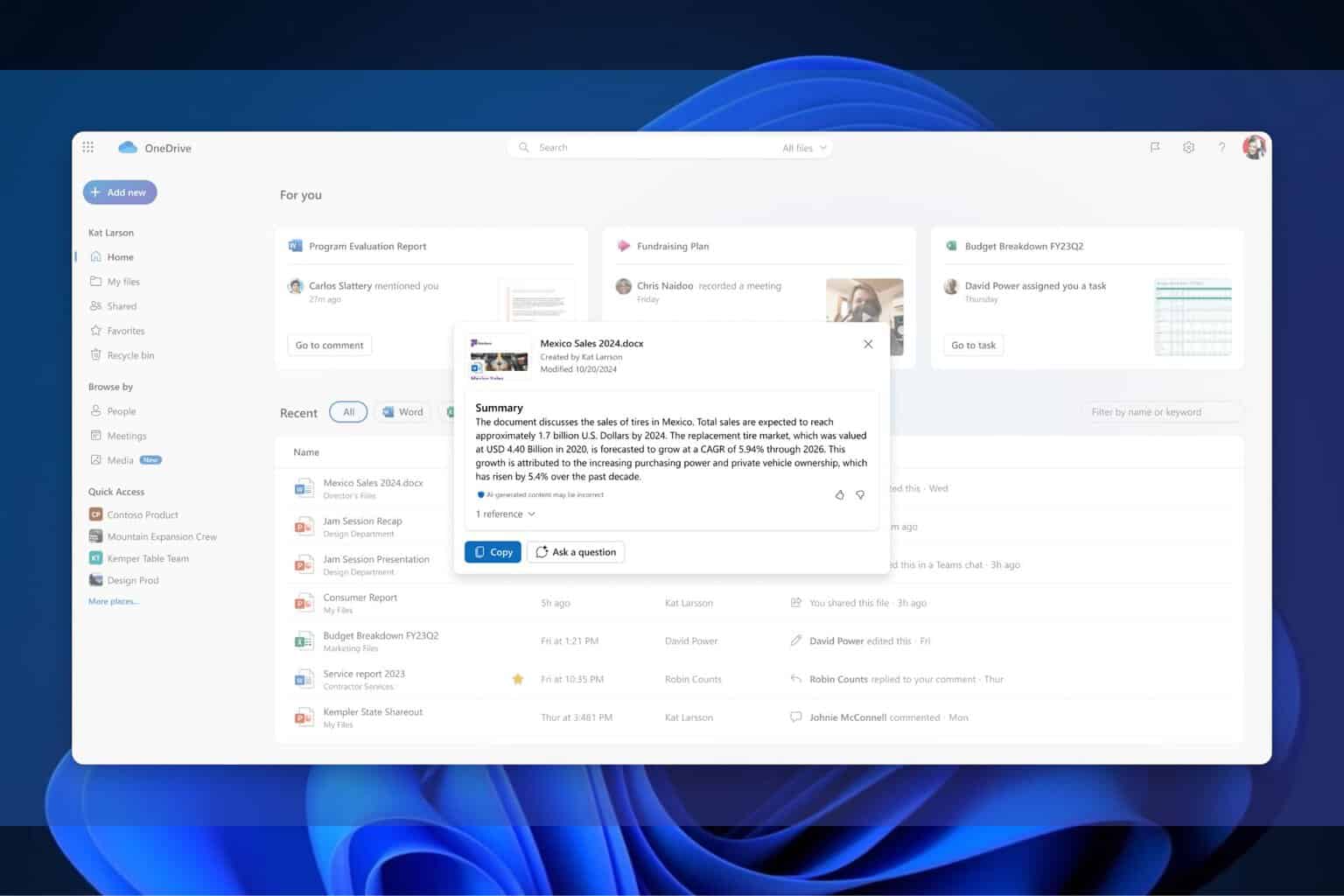
User forum
0 messages